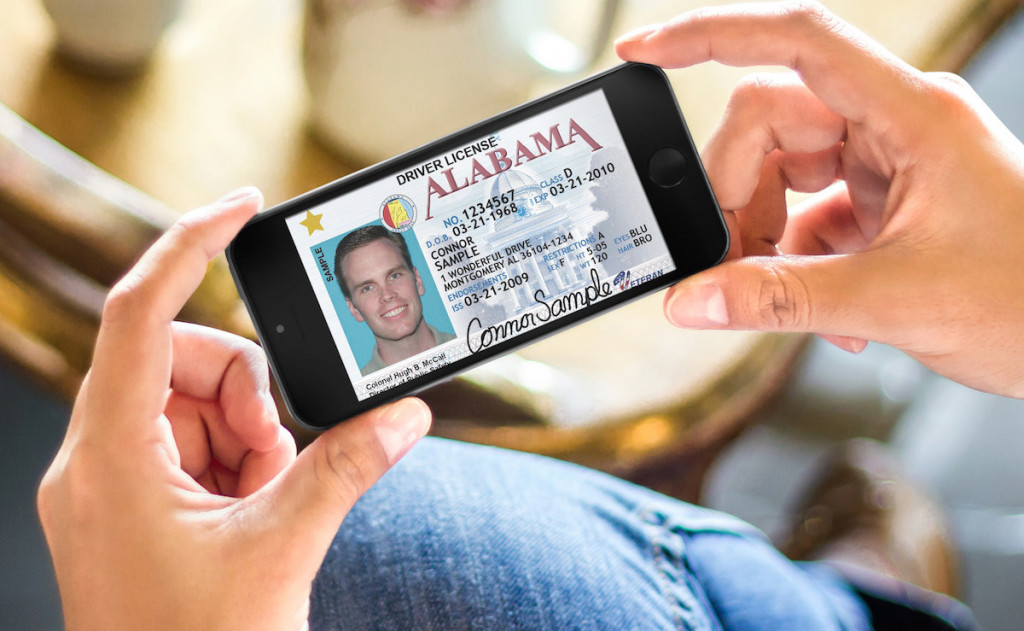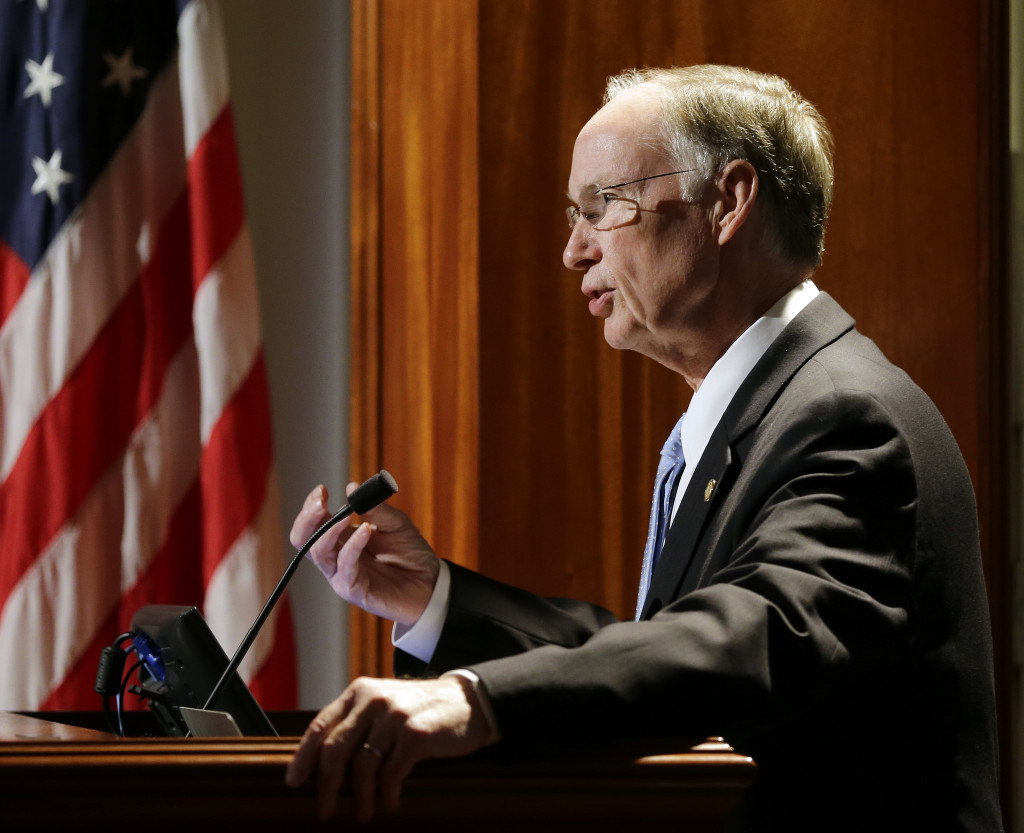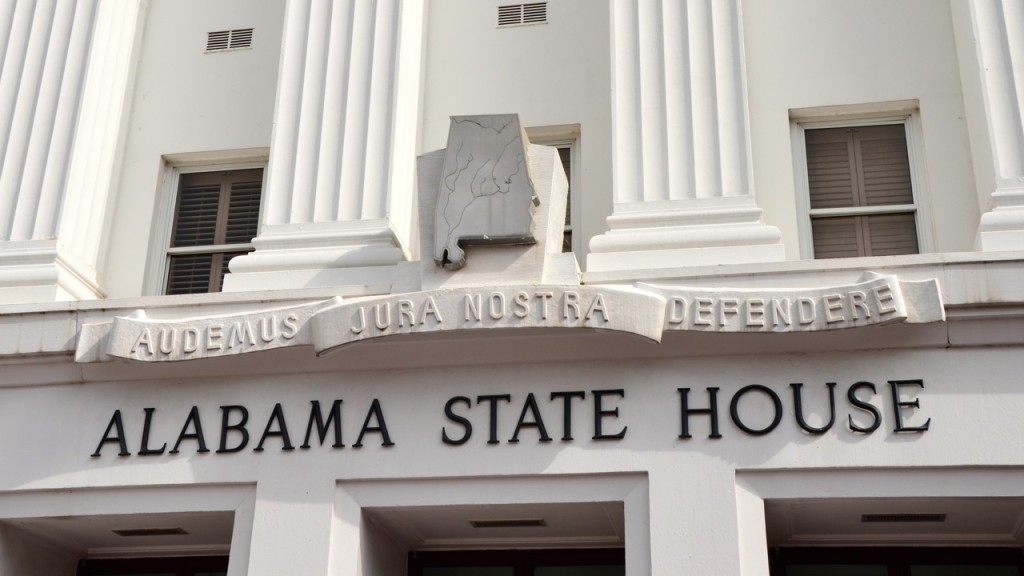Bill would require driver’s license offices open 2 days weekly

Lawmakers in Alabama are considering a bill that would require the Alabama Law Enforcement Agency (ALEA) to open driver’s license offices at least two days a week in every county. More than 30 offices were closed last year by budget cuts, though most were reopened after public outcry. Concern was raised that the closings would limit people’s access to identification required for voting, as well as the ability to attain driver’s license. SB172 from Sen. Hank Sanders (D-Selma) garnered a unanimous favorable report from members of the Senate Committee on General Fund Finance and Taxation, despite some noting that the bill needed revisions. Sanders’ legislation is slated to go before the Senate soon. ALEA estimates that the cost of opening the offices for additional days will cost $1.35 million annually. In January, ALEA Secretary Spencer Collier told legislators in budget hearings that his department needed an additional $23 million in funding to remain operational. ALEA did not respond to multiple requests for comment on the impact of the legislation.
State Senate passes monuments bill despite Dem outrage

The first item on Senate’s agenda Wednesday was the hotly contested bill from Sen. Gerald Allen known as the Alabama Heritage Preservation Act, which prohibits the removal of historical monuments and lays out the process by which municipalities can petition for waivers to remove such monuments. The item came up for discussion during Tuesday’s session, but debate was cut off after Pro Tem Del Marsh (R-Anniston) acknowledged that nothing would be accomplished due to a Democratic filibuster on the item. Marsh motioned for adjournment and the body commenced with discussion again as the session got underway Thursday morning. As Allen was recapping Tuesday’s activities, a cloture motion was made to cease discussion of the issue at 10:10 a.m. Immediately, Democrats began railing against the legislation and the motion for cloture. “Yet again, we’re about to let ‘Big Brother’ go in and tell municipalities what they can do,” said Sen. Bobby Singleton (D-Greensboro). “Remember, you are a party of less government and I can’t believe a cloture motion has been made on something such as this.” Sen. Hank Sanders (D-Selma) chimed in as well, noting that allowing Confederate monuments on public property gives the impression that all people should subscribe to the ideals held by those being memorialized. “This is about the legacy of slavery in many ways,” Sanders said. “The monuments they’re trying to protect are generally of people who supported slavery in one way or another. You know, slavery has long arms – it reaching all the way from the 17th, 18th and 19th centuries into the present.” “There was a time in this country where African-Americans were really just kind of abused like these bills abuse people,” said Sen. Rodger Smitherman (D-Birmingham). “We’re opening ourselves up for some very embarrassing exposure to the nation. I don’t want our state to get that kind of black eye.” By the time the three Democrats had finished speaking, time had expired for discussion on the bill. The bill passed by a vote of 22-9 down party lines.
Governor Bentley: Removing Confederate flags was ‘right thing to do’

Gov. Robert Bentley said removing four Confederate flags from the state Capitol was the “right thing to do” and that the state didn’t need to go through a fight over the banners. “It’s so important that we present an image in Alabama that things are different today than they were in 1963,” Bentley said. In an interview with The Associated Press, Bentley said he stood behind his decision to remove the flags last week. Bentley said he wanted to head off controversy about the flags in Alabama, saying a fight would be a distraction in a state trying to lure companies from the across the nation and the globe to locate to the Deep South state. The governor said he understands people are divided over the flag. Some see it as history. Others as hate. But he said avoiding a fight was best for all Alabamians. “I understand how people feel about the flag,” Bentley said. “But I also know, unfortunately, some hate organizations have co-opted that battle flag, and so by doing that, it is a symbol of hate and bigotry to a lot of people in our state, both black and white.” Calls to remove Confederate symbols that dot the South reignited after the racially motivated massacre of nine people at a black church in South Carolina. Authorities say the white suspect, Dylann Storm Roof, posed in photos displaying Confederate flags and burning or desecrating U.S. flags. The four flags, including the iconic Confederate battle flag of a blue X on a field of red, since 1994 flew next to a century-old monument to Confederate soldiers on the Alabama Capitol grounds. The governor made the decision quickly last week, as attention shifted from South Carolina to other southern states. Hours after the flags came down, Bentley announced that Google planned to convert an old coal-burning power plant in Alabama into a sleek $600 million data center. The decision to take the flags down had nothing to do with the Google announcement, but the governor said economic development was part of the reason to avoid a fight. “I want companies from other parts of the world to see Alabama in a different light than what they study about in the history books,” Bentley said. “Feeding families is a lot more important to them then whether the Confederate battle flag flies over that monument out there.” Former Gov. George C. Wallace in 1963 ordered the battle flag hoisted over the Capitol dome during a fight with the federal government over ending school segregation. Gov Jim Folsom ordered that the flag taken down 20 years later. However, the flags were placed at the monument in 1994. Bentley drew both praise and scorn for his decision. A crowd of about 300 gathered outside the Alabama Capitol last Saturday to protest the removal of the flags they saw as a banner of southern pride. “Once these flags come back up, they will never take them down again. Mr. Bentley, you wanted a fight on your hands, you got one now buddy,” Andy Bodenheimer told the crowd. State Sen. Hank Sanders – one of 14 African-American legislators, arrested for trespassing in 1988 when they tried to yank down a Confederate flag that flew atop the Alabama Capitol dome – praised Bentley. Sanders called for other symbols of the Confederacy to come down, but Bentley said he would not support removal of all vestiges of the Confederacy. The statue of Confederacy president Jefferson Davis will stay, he said. “We’re not going to do that, because that is our history,” Bentley said. Republished with permission of The Associated Press.
State Senate seeks to rename Edmund Pettus Bridge

Alabama senators are seeking to rename Selma’s Edmund Pettus Bridge, a historic site in the voting rights movement that bears the name of a Ku Klux Klan officer. Senators on Wednesday approved a resolution to rename it the Journey to Freedom Bridge. The bridge became a symbol of the fight for voting rights after marchers were beaten by state troopers on the bridge on March 7, 1965. The bridge that spans the Alabama River is Selma’s most notable landmark. It is named for Pettus, a two-term U.S senator, a Confederate general and a KKK grand dragon. The KKK connection had faded from local memory until this year, when approaching the 50th anniversary of the “Bloody Sunday” beatings, a Selma student group launched an online petition to rename the landmark bridge. “There was a thought that every time you lift the name, you also lift the name of the KKK grand dragon,” said Selma Sen. Hank Sanders, who sponsored the resolution. “That bridge became a symbol of the struggle for freedom,” Sanders said. Sanders said several new potential names were kicked around, including “the Bloody Sunday Bridge.” He said “Journey to Freedom” is appropriate because “it says we are still on the journey.” However, Lee Sentell, director of the Alabama Tourism Department, said he worried changing the bridge’s name could threaten its status as a national historic landmark. “I believe its status would be in jeopardy because it would be altering the appearance of the structure from its historical period,” he said. The Alabama House of Representatives has not voted on the idea with just two more meeting days in the legislative session. Sanders said lawmakers named the bridge for Pettus in the 1940s. He said he thinks they can legally change the name by resolution. An Alabama Department of Transportation spokesman said it’s reviewing the resolution. Republished with permission of The Associated Press.
Proposal to revamp state budget structure stalls in Senate

As lawmakers continue to seek common ground to solve the state’s current budget challenges, the public had the chance to weigh in on a controversial proposal to guard against future shortages. Senate Bill 12, sponsored by Sen. Paul Sanford, would pool the state’s two major funds, the Education Trust Fund and the General Fund, into a new Alabama Recurring Expense Fund. According Sanford, the bill allows the general fund to share in some of the growth revenue now earmarked for what is essentially a savings account in the Education Trust Fund. In a presentation to lawmakers in March, the Legislative Fiscal Office projected a $287 million surplus in the Education Trust Fund and a $290 million shortfall in the General Fund. Some have questioned whether the practice of earmarking tax revenue for the Education Trust Fund – then creating a barrier between the education and General Fund – is the root cause of the state’s current budget shortfall. “There’s a crisis in the state of Alabama,” Sanford said. “We’ve tried some one-time fixes. It’s my understanding that the FY16 budget will have an excess of $200-225 million that will be diverted into the stabilization fund. (…) I certainly don’t want to look at families with kids and people with mental health problems and say we’re going to cut funds when we have $200 million sitting in a kitty not to be touched.” Several members of the committee expressed concerns that the proposal would siphon money away from education at a time when reports are that public schools in Alabama are underfunded. “I appreciate Senator Sanford for bringing this up. We’ve had a lengthy discussion on splitting the funding,” Sen. Gerald Dial said. “We don’t fund education as we should. I can’t vote for supporting a fund that’s going to balance the budget on the backs of kids.” Sens. Rodger Smitherman and Hank Sanders also expressed deep concerns about the proposal, citing inadequate funding for textbooks and school resources in the current budget. A favorable vote from the committee would have allowed the bill to go before the full body for a vote and, Sanford argued, a fair debate on all of the options to address the budget concerns. Sanford compared the state’s current fiscal situation to a household with a healthy savings account but in danger of having its lights cut off. “I’ve got a $150 million cork to plug the hole. It might take two or three other ideas, but I’m not going to watch [essential services] get cut off without dipping into my savings. If the taxpayers knew and recognized that there was several million going into a pot that can’t be touched, they might do what we would do in our own households.” “The state is in financial distress,” Sanford said. “But raising taxes is not the only way to plug this hole.” In a speech to lawmakers last year, Gov. Robert Bentley said that the General Fund was stretched thin because the fund covers the cost of prisons, courts, and Medicaid. However, state revenue from income, sales, and utility taxes are earmarked for the Education Trust Fund. The governor has argued for $581 million in tax increases as a way to drive revenue to the General Fund. At the public hearing on Wednesday, Susan Kennedy of the Alabama Education Association spoke in opposition to the proposal and suggested that the panel consider the business taxes that undergird the General Fund. “I applaud him for trying to address a problem we all know is there. But I disagree with the solution,” she said. “When you asked the people where their tax money should go, they said [it should go to] education. There are some taxes out there that the General Fund could take advantage of, and some extremely large tax exemptions. Maybe there will be a will to take advantage of those now.” The committee voted 8 to 5 to postpone the legislation indefinitely.


